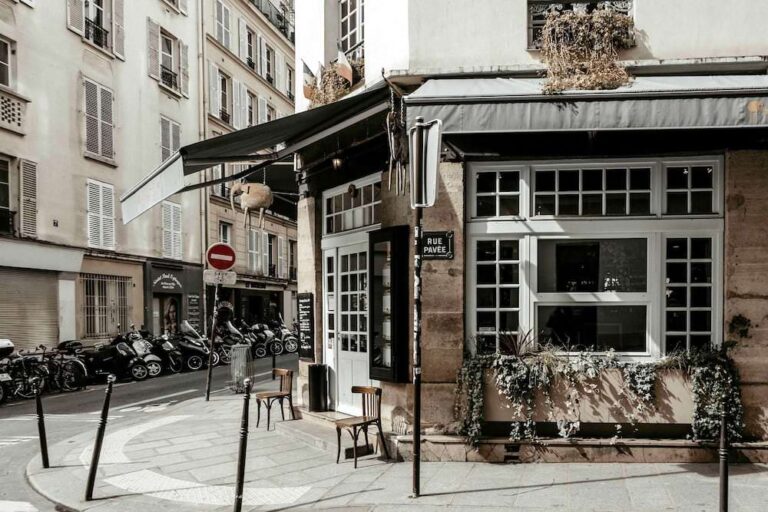allez !
The French word “allez !” is the imperative form of the verb aller (to go) in the second-person plural (vous). However, its usage extends far beyond a simple command. It can function as an exhortation, a command, or even a casual farewell, depending on context.
As an exhortation
“Allez !” is often used to encourage someone, similar to saying “Come on!” or “Let’s go!” in English. It conveys motivation or impatience.
- Allez, tu peux le faire ! (Come on, you can do it!)
- Allez, dépêche-toi ! (Come on, hurry up!)
- Allez, encore un effort ! (Come on, just one more effort!)
In sports or competitive settings, it is frequently shouted to spur someone on:
- Allez, allez, plus vite ! (Go, go, faster!)
As a command
When used as a direct command, “allez !” instructs someone to move or leave. It can be firm or gentle, depending on tone.
- Allez, sortez d’ici ! (Go, get out of here!)
- Allez, on y va ! (Let’s go, we’re leaving!)
- Allez, arrête de pleurer. (Come on, stop crying.)
In a more authoritative context, it can be sharp:
- Allez, circulez ! (Move along!)
As a farewell
In informal speech, “allez !” can serve as a casual way to say goodbye, similar to “Alright then!” or “See you!”
- Bon, allez, à demain ! (Alright then, see you tomorrow!)
- Allez, salut ! (Alright, bye!)
- Allez, je m’en vais. (Alright, I’m off.)
This usage is particularly common in spoken French, where brevity and familiarity are preferred.






